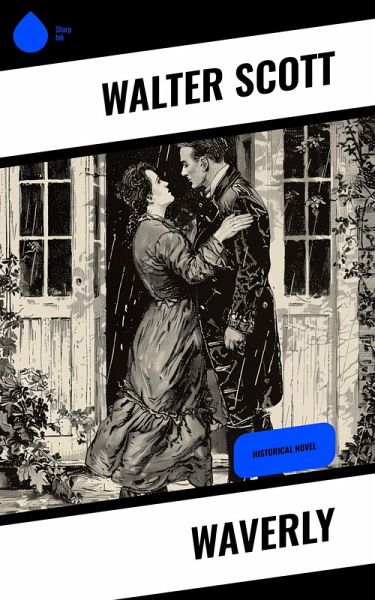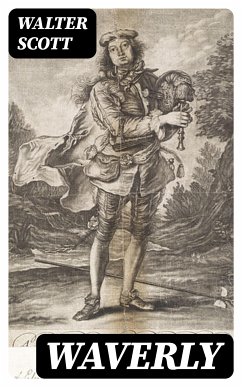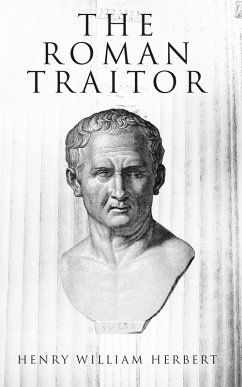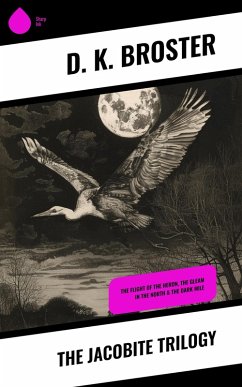
Waverly (eBook, ePUB)
Historical Novel

PAYBACK Punkte
0 °P sammeln!
In Walter Scott's "Waverley," published in 1814, readers are introduced to Edward Waverley, a young Englishman navigating the tumultuous landscape of 18th-century Scotland amid the Jacobite uprising. Demonstrating a masterful blend of romanticism and historical narrative, Scott employs vivid descriptions and rich characterizations to explore themes of loyalty, identity, and the clash of cultures. The novel is notable for its pioneering approach to the historical novel genre, infusing detailed historical events with deep psychological insight, and established Scott not only as a novelist but al...
In Walter Scott's "Waverley," published in 1814, readers are introduced to Edward Waverley, a young Englishman navigating the tumultuous landscape of 18th-century Scotland amid the Jacobite uprising. Demonstrating a masterful blend of romanticism and historical narrative, Scott employs vivid descriptions and rich characterizations to explore themes of loyalty, identity, and the clash of cultures. The novel is notable for its pioneering approach to the historical novel genre, infusing detailed historical events with deep psychological insight, and established Scott not only as a novelist but also as a significant figure in Scottish literature. Walter Scott, a renowned Scottish writer and poet, was deeply influenced by the cultural and political dynamics of his time. His own Jacobite heritage motivated him to examine the complexities of Scottish identity and the scars left by political strife. Furthermore, Scott's background in law and a keen interest in history equipped him with the narrative tools to weave a story that reflects both the personal and the collective experiences of a nation at odds with itself. "Waverley" is an essential read for anyone intrigued by the interplay of personal choice and historical fate, and it offers profound insights into the human condition. A compelling exploration of cultural conflict and individual awakening, this novel lays the groundwork for modern historical fiction, making it a vital text for both literary scholars and casual readers alike.
Dieser Download kann aus rechtlichen Gründen nur mit Rechnungsadresse in A, B, BG, CY, CZ, D, DK, EW, E, FIN, F, GR, HR, H, IRL, I, LT, L, LR, M, NL, PL, P, R, S, SLO, SK ausgeliefert werden.













